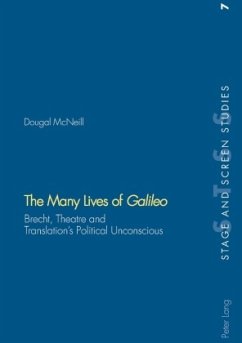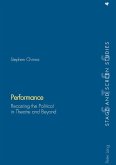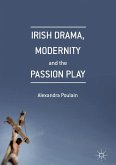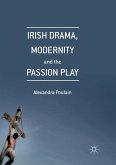The Many Lives of Galileo is a Marxist study of the development of Bertolt Brecht's great play Galileo on the English stage. Tracing various translations of Brecht's original, and the historical and political moments surrounding these translations, Dougal McNeill examines how, across the distances of culture, history and language, The Life of Galileo has come to figure so prominently in the life of English-language theatre.
The translations and productions of Galileo by Charles Laughton, Howard Brenton and David Hare are examined, in a method combining close reading with an attention to broader social contexts, with an eye to uncovering their implications for drama in performance.
Brecht valued re-creation, re-invention and re-telling as much as creation itself. In this book the author applies Brecht's aesthetic to translations of his own work, following Laughton, Brenton and Hare as they set themselves the task of rewriting Brecht and, in the process, use him to comment on their own eras.
The translations and productions of Galileo by Charles Laughton, Howard Brenton and David Hare are examined, in a method combining close reading with an attention to broader social contexts, with an eye to uncovering their implications for drama in performance.
Brecht valued re-creation, re-invention and re-telling as much as creation itself. In this book the author applies Brecht's aesthetic to translations of his own work, following Laughton, Brenton and Hare as they set themselves the task of rewriting Brecht and, in the process, use him to comment on their own eras.
«'The Many Lives of Galileo' offers a solid analysis of the Laughton, Brenton, and Hare translations and is grounded in a thorough knowledge of the critical literature on Brecht and British theater since the 1970s. McNeill's survey strikes a good balance between argument and supporting detail and it sheds new light on the relationship between the play's contrasting translations and their respective context.» (Laura Bradley, Das Brecht-Jahrbuch)








